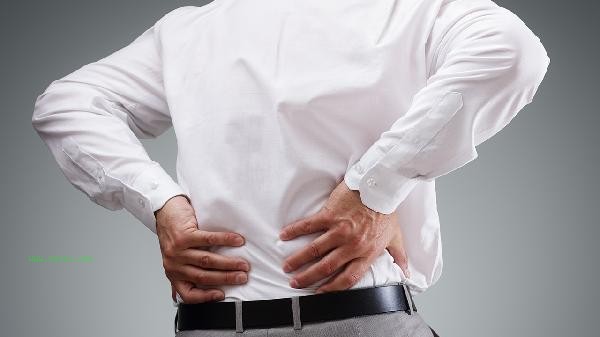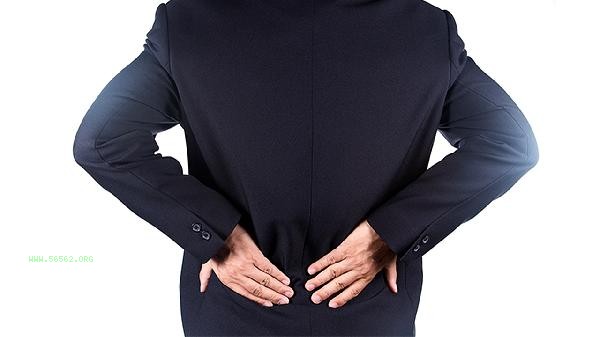Thick back meat can be reduced by adjusting dietary structure, strengthening targeted exercise, improving body shape, controlling calorie intake, and ensuring adequate sleep. Back fat accumulation is usually related to factors such as prolonged sitting, poor posture, and decreased metabolic rate, and requires multidimensional intervention to effectively improve.

1. Adjust dietary structure
Reduce intake of refined carbohydrates and high sugar foods, and increase the proportion of high-quality protein and dietary fiber. Protein can be selected from chicken breast, fish, and soy products to help maintain muscle mass; Dietary fiber is supplemented with foods such as broccoli and oats to enhance satiety. Maintain sufficient daily water intake and avoid sugary drinks. Replacing some drinks with green tea or lemon water can help promote metabolism.
2. Strengthen targeted exercise
focuses on training upper limb and back muscle groups, such as bending over to row, pulling upwards, swimming, etc., which can directly stimulate back muscles. Perform aerobic exercises such as skipping rope and jogging several times a week, combined with yoga's cat cow and locust movements to improve back line. Stretch the trapezius muscle and scapular area appropriately after exercise to prevent muscle tension from forming thick back vision.
3. Improving body posture
Long term hunchback with chest can lead to abnormal fat distribution in the back. Correct posture by standing against the wall training, keeping the earlobes, acromions, and hip joints in the same line. Use a waist cushion during office hours to avoid looking down at your phone for long periods of time. Perform chest expansion exercises at regular intervals to relax your shoulders and reduce fat accumulation in the scapular area.

4. Control calorie intake
Use intermittent fasting or reduce the carbohydrate ratio at dinner to avoid overeating before bedtime. Record daily diet and discover hidden sources of calories, such as seasoning sauces, nuts, and other foods that need to be controlled in portion. The main cooking method is steaming and stewing, reducing the use of oil, but ensuring the intake of essential fatty acids to maintain hormone balance.
5. Ensure Adequate Sleep
Lack of sleep can increase cortisol levels and promote fat accumulation in the waist and back. Maintain a regular daily routine, avoid blue light stimulation before bedtime, and relieve stress through meditation. Maintain a dark and cool sleeping environment, use a suitable pillow height to prevent the neck from leaning forward, and the deep sleep stage helps promote growth hormone secretion and fat breakdown. Reducing back fat requires comprehensive management that lasts for several months, and rapid weight loss in the short term may lead to skin laxity. It is recommended to measure body circumference weekly instead of frequent weighing, and pay attention to changes in the back line. Women should pay attention to the role of their menstrual cycle in the effectiveness of exercise, and increase the intensity of aerobic exercise appropriately after ovulation. Middle aged and elderly people should avoid excessive dieting that can lead to muscle loss. They can consult a nutritionist to develop a high protein diet plan. If accompanied by cervical discomfort or back pain, pathological factors should be ruled out before starting the weight loss plan.








Comments (0)
Leave a Comment
No comments yet
Be the first to share your thoughts!